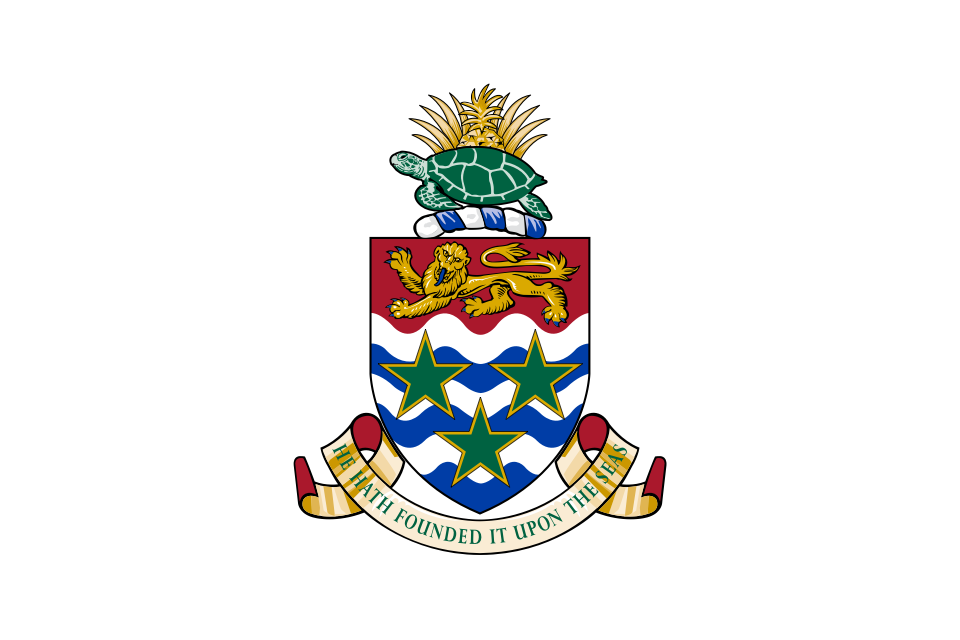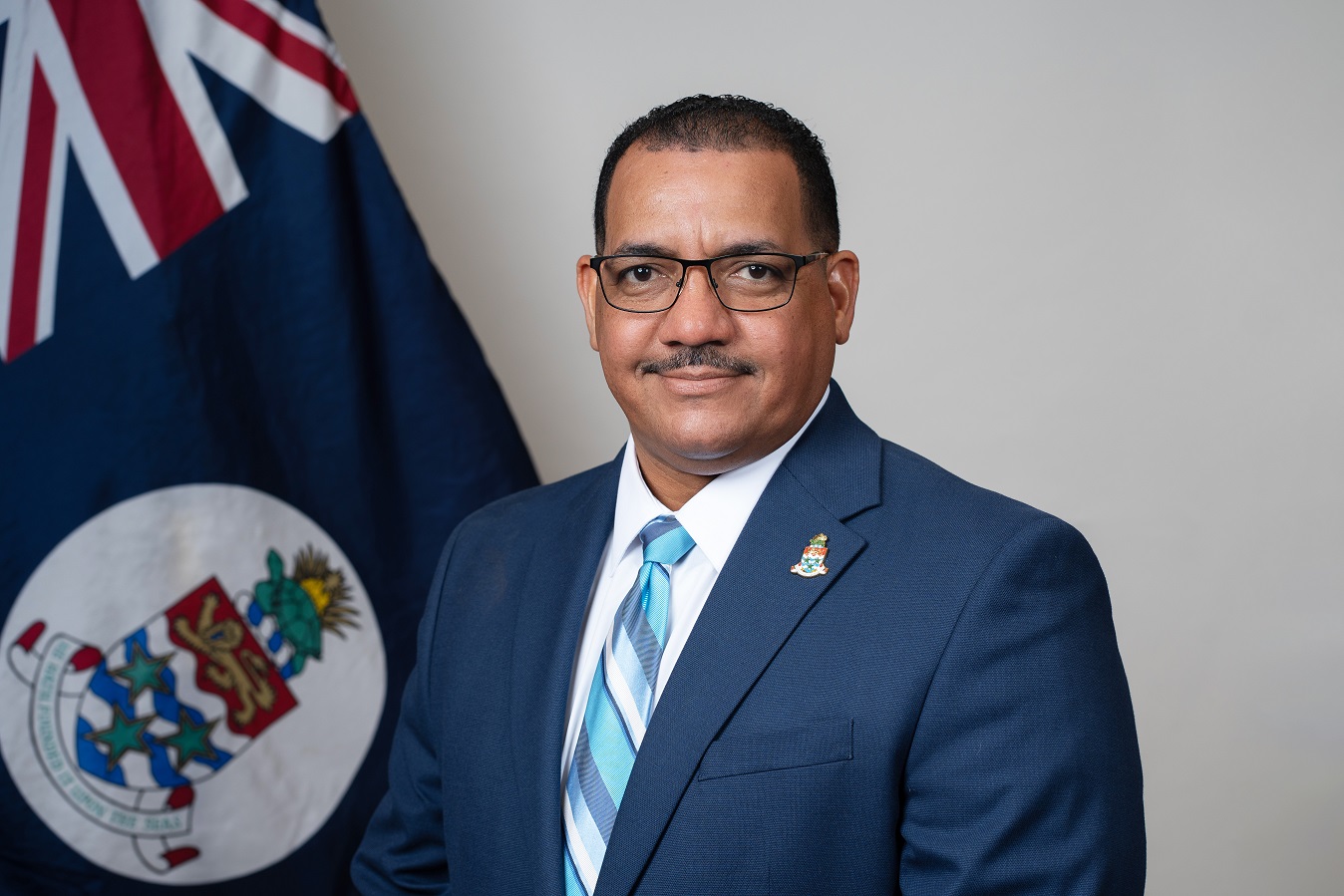Home - Ministry of Education & Training
Latest

MoET Honours Long-Serving Civil Servants
The Ministry of Education & Training honoured 283 long-serving public officers during its Annual Long Service Awards Ceremony, held at The Westin Grand Cayman Seven Mile Beach Resort & Spa on Saturday 18 October 2025.

Caymanian Students Shine at 2025 Healthcare Conference
For the first time at the Annual Cayman Islands Healthcare Conference, eight Caymanian scholarship students presented their health research before national and regional experts, healthcare professionals, and policymakers.

Remediation Completed at Layman E. Scott Sr. High School
The Ministry of Education and Training and the Department of Education Services (DES) confirm that environmental remediation works at Layman E. Scott Sr. High School have been successfully completed.
What We Do
The Ministry of Education & Training is responsible for providing policy advice, administrative and governance support and the delivery of a range of programmes and services to the public that enable the Minister to achieve the strategic goals for Education.
The programmes, policies and legislation of the Ministry of Education & Training are aimed at supporting the best education opportunities for all our children. This includes the enhancement of teaching and learning, strengthened core curriculum in government schools and scholarship funding for tertiary education.
What We Do
The Ministry of Education & Training is responsible for providing policy advice, administrative and governance support and the delivery of a range of programmes and services to the public that enable the Minister to achieve the strategic goals for Education.
The programmes, policies and legislation of the Ministry of Education & Training are aimed at supporting the best education opportunities for all our children. This includes the enhancement of teaching and learning, strengthened core curriculum in government schools and scholarship funding for tertiary education.
Organisation & Functions
-
Policy advice, development, implementation, communication and evaluation services to the Honourable Minister, and support for legislative revisions and development
-
Funding and governance services by the Core Ministry to its Departments/Units, and, on the Minister’s behalf, for UCCI. The Ministry also manages executive expenditure and executive assets which fall within the Minister’s areas of responsibility
-
General secretarial and administrative services to the Honourable Minister, as well as services to support the administration of the Education Council.
- Planning and Policy Services - Formulates national policies and those specific to government schools.
- Administration - Provides strategic direction for all government schools.
- Legislative & Regulatory Services - Supports the enhancement of teaching and learning in schools through the following:
-
Increased use of online and computerised testing;
-
Strengthened core curriculum across government primary and secondary schools;
-
Provision of scholarship funding for advanced, specialised tertiary education;
-
Placement of compulsory age students with special needs in alternative educational institutions;
-
The registration of teachers;
-
The registration of educational institutions.
-
Key Persons
Publications
Consultations
Application for Registration Full Time School 2020
In order for this application to be considered, it must be completed in its entirety and submitted to: Education Strategy Officer Ministry of Education Email: eduregistration@gov.ky
Registration of Tertiary and Post-Compulsory Institutions Part I
This packet contains the materials and information necessary to file an application to register as a Technical, Vocational or other Training Provider with the Cayman Islands Education Council.
Registration Requirements for Tertiary and Post-Compulsory Part II
Registration Requirements for Tertiary and Post-Compulsory
Registration Requirements for TVET Institutions
Registration Requirements for TVET Institutions
Contact Us
Address
Government Administration Building, Box 108
133 Elgin Avenue, George Town,
Grand Cayman KY1-9000 CAYMAN ISLANDS
Office Hours
Monday - Friday 8:30am - 5:00pm
Email, Telephone and Web

















